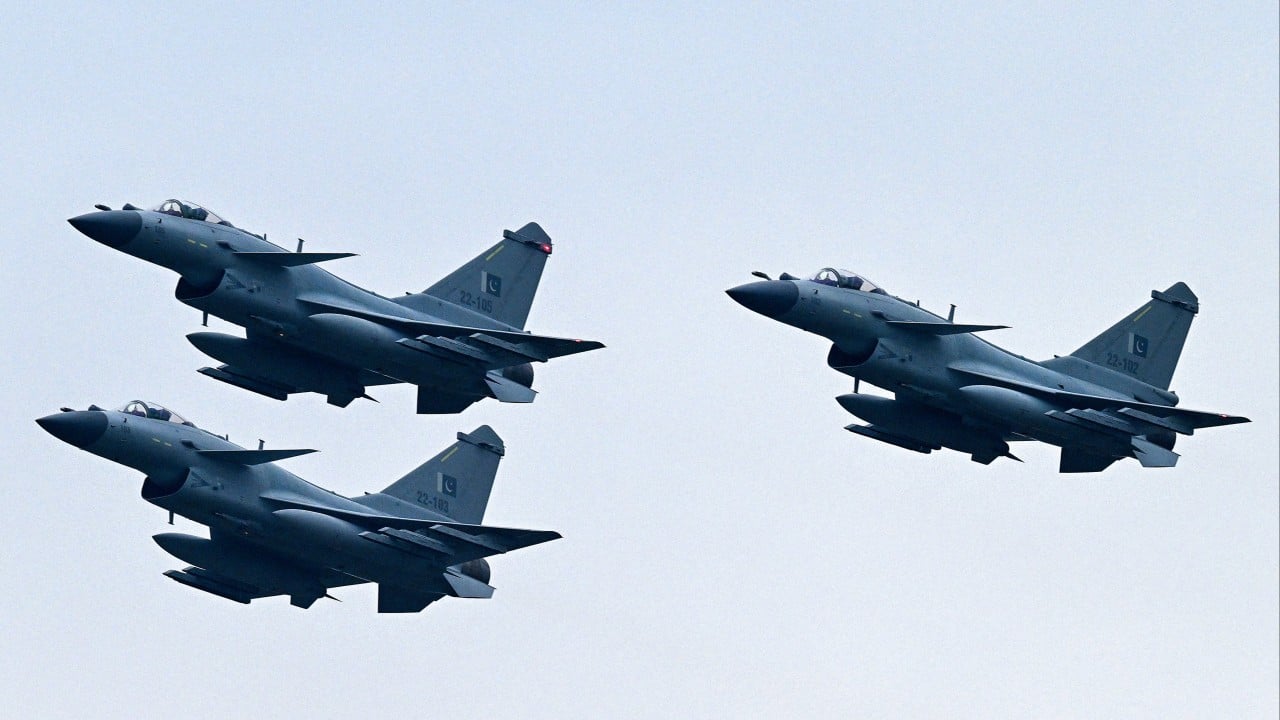Published: 6:00pm, 2 Jul 2025Updated: 9:48pm, 2 Jul 2025
Systemic warfare and surprise attacks will be key to winning future wars, according to a Study Times commentary published this week that appeared to be based on lessons drawn from the India-Pakistan conflict of early May.
Advertisement
“Recent real-world combat experience from regional conflicts has profoundly revealed the core logic of modern warfare: the contest of individual weapon performance has been replaced by systemic operations,” it said.
While Monday’s article in the newspaper affiliated to the Central Party School did not explicitly refer to the conflict, it contained descriptions that closely mirrored what is reported to have occurred on the battlefield.
According to the commentary, a seemingly weaker force leveraged an imported combat system – “combining data links, early warning aircraft, air defence systems, and coordinated fighter jets” – to overwhelm its opponent’s mishmash of weapons from different countries.
During the four-day skirmish, which began on May 7, Pakistan deployed a combination of Chinese-made weapons against Indian forces equipped with arms from Russia and several Western countries.
Advertisement
One of the conflict’s most notable developments was the combat debut of China’s 4.5-generation J-10C fighter jets, which Pakistan claimed were used to shoot down five Indian fighters, including three French-made Rafales.

